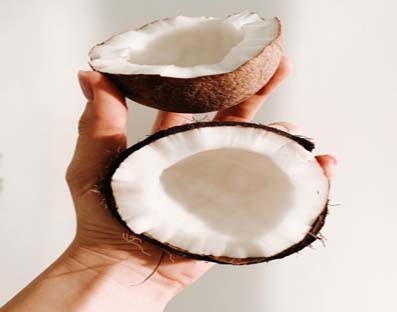
New Delhi, The Supreme Court on Tuesday said the constitutional court can't interfere in the day-to-day affairs of the temple, and declined to issue any order on a petition alleging irregularities in certain rituals of Tirupati Balaji temple.
A bench headed by Chief Justice N.V. Ramana said constitutional courts can't spell out how rituals ('puja' in a temple) should be performed, how coconut should be broken, how a garland should be put on a deity, etc.
The bench, also comprising Justices A.S. Bopanna and Hima Kohli said these issues cannot be decided in a writ petition.
Sarvari Daadaa, petitioner-in-person, submitted that it is a public temple. The bench said: "How will courts interfere in this...how to conduct rituals?"
The bench noted that the relief sought by the petitioner is in the nature of interfering in day-to-day affairs of the temple. It further added that this cannot be looked into by a constitutional court and any deviation from tradition is a question of fact, which the trial court can look into by appreciating the evidence.
The top court asked the temple administration to respond to the petitioner's grievances, and if there is still a grievance on specified aspects, the petitioner can approach the appropriate forum.
Dadda, a devotee of Lord Venkateshwara Swamy alleged irregularities in conduct of 'sevas' and rituals at the Tirupati Temple.
On September 29, the Supreme Court had granted a week's time to the Tirumala Tirupati Devasthanams (TTD) to clarify whether there was any irregularity while conducting any rituals at the Tirupati Balaji temple.
Earlier, the Andhra Pradesh High Court had dismissed the PIL filed by Srivari Dadda on the same issue and had held that the procedure of conducting rituals is the exclusive domain of the Devasthanams and it cannot become a matter of adjudication, unless it impacts secular or civil rights of others.


.jpeg)

